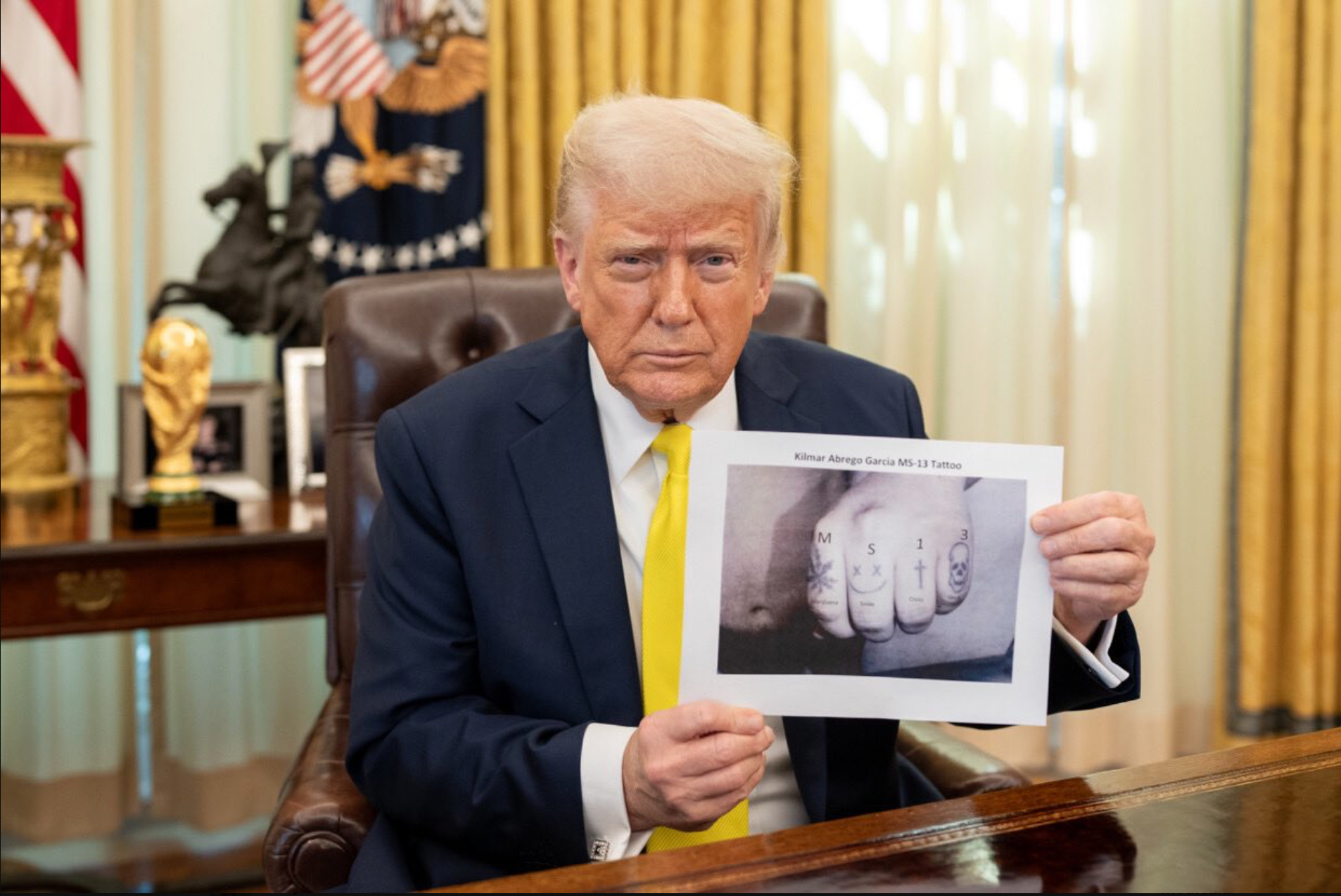The Trump administration has cut more than $1 billion worth of research grants, including studies that track online misinformation and harmful content.
Cuts into the grants looking to tackle the spread of online misinformation appear to stem from President Donald Trump’s executive order issued on January 20 that pledged to “restore freedom of speech and end federal censorship.”
The order says that the Biden administration “infringed” on the free speech of Americans “under the guise of combatting ‘misinformation,’ ‘disinformation,’ and ‘malinformation.’”
While the cuts are also part of the administration’s broader mission to purge federal spending, the crackdown on research into misinformation aligns with the view adopted by many Trump supporters and allies that conservative Americans have been censored online, according to The New York Times. No evidence of any of the studies suggested that was the case, the newspaper notes.
The National Science Foundation, the government agency that funds a significant amount of scientific research in the U.S., has now cut more than 1,400 grants, according to a list compiled by researchers at Harvard’s Chan School of Public Health and rOpenSci.
Research grants that have had the plug pulled on them by the Trump administration include a study by Ohio’s Kent State University of how malign actors manipulate information on social media by posing as ordinary users. Another at the Rochester Institute of Technology was developing a tool that could detect fabricated videos or photos generated by AI, the Times reported.
“I’m almost certain this is going to lead to a vastly more polluted information environment,” Boston University economist Marshall Van Alstyne told the Times. Van Alstyne’s team was researching ways to encourage social media users to verify sources of what they post online to promote accuracy, but the grant was canceled.
The cuts come at a time when social media giants, including Mark Zuckerberg’s Meta, have overhauled their policies regarding monitoring misinformation. Meta no longer uses independent fact-checkers on Instagram and Facebook, following the lead of Elon Musk’s X, which uses community notes instead.

On its website, the National Science Foundation said it would not prioritize research proposals that “engage in or facilitate any conduct that would unconstitutionally abridge the free speech of any American citizen.”
“NSF will not prioritize research proposals that NSF will not support research with the goal of combating ‘misinformation,’ ‘disinformation,’ and ‘malinformation’ that could be used to infringe on the constitutionally protected speech rights of American citizens across the United States in a manner that advances a preferred narrative about significant matters of public debate,” the foundation said.
Elsewhere, at least a dozen projects were canceled by the National Institutes of Health. They included research into how conspiracy theories undercut treatment for cancer and covid-19, according to the Times.
Trump - who is no stranger to sharing misinformation - was propelled back to the White House after three years of falsely claiming the 2020 election was stolen.

Already during his second term, Trump has been accused of spreading misinformation during January’s devastating wildfires in Southern California, where he claimed that the state was deliberately blocking the flow of water from the north to the south.
Last month, he shared what appeared to be a digitally altered image of the deported El Salvadoran Kilmar Abrego Garcia, which he presented as evidence Garcia was a member of the MS-13 gang.
His peddling of conspiracy theories was particularly rife during the 2024 presidential campaign.
According to an analysis of Trump’s Truth Social conducted by theTimes over a six-month period last year, 75 percent of conspiracy theory posts came directly from his account.
“He’s building a coalition of people who just see the world in a very dark way,” co-author of the book American Conspiracy Theories, Joseph Uscinski, said at the time.
Israeli strikes kill 60 in Gaza as Trump renews call for ‘freedom zone’
Judge Hannah Dugan pleads not guilty to obstructing ICE arrest
Trump arrives in UAE for last stop of Middle East trip: Live updates
More Republicans push to criminalize bringing immigrants in the US illegally across state lines
New poll finds AOC or ‘no one’ are top choices for face of Democratic party
Pam Bondi sold millions of dollars worth of Trump media shares on ‘Liberation Day’







